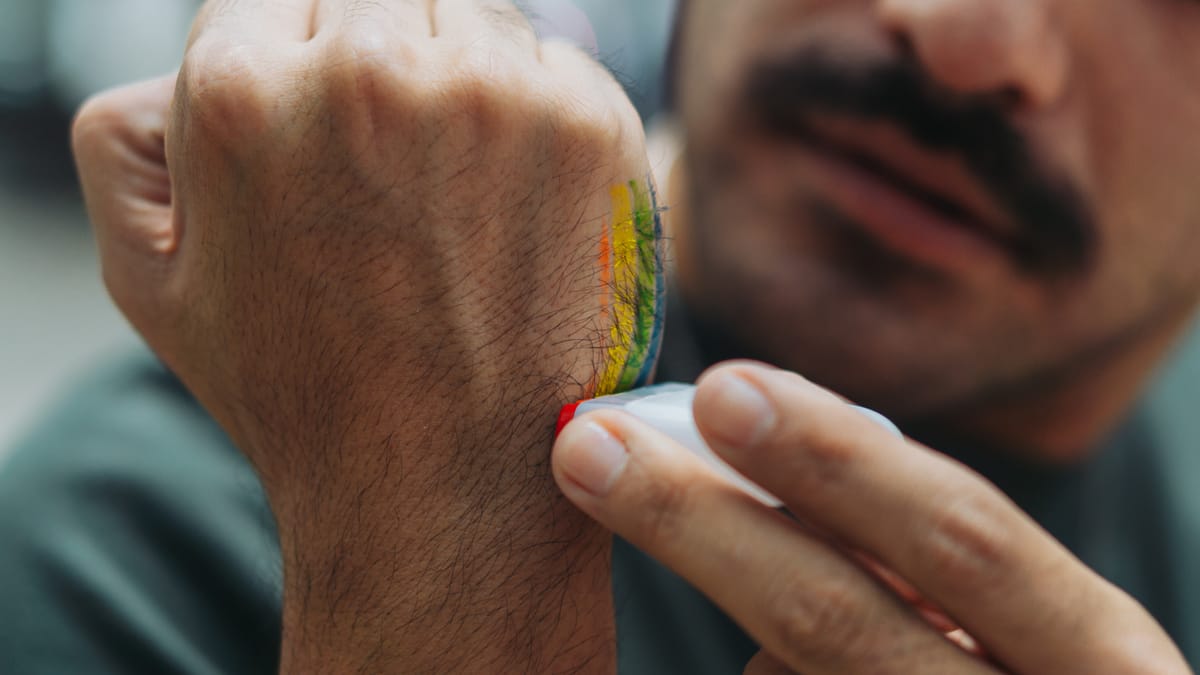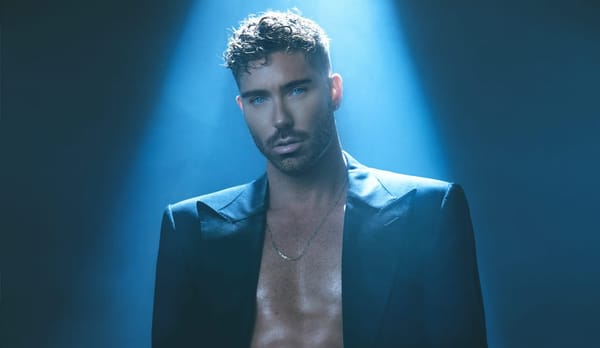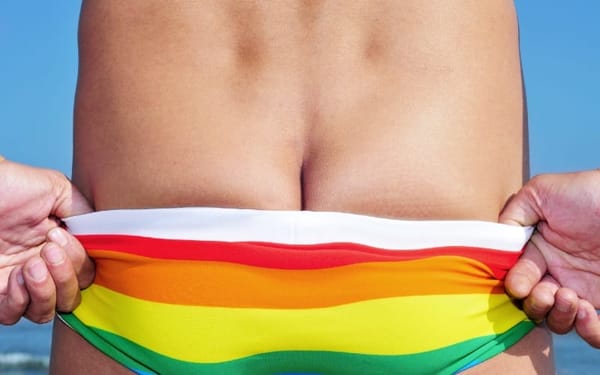From Blue Laws to Backlash: How the U.S. is Re-Criminalizing LGBTQ+ Lives
By Anthony T. Eaton.

By Anthony T. Eaton
We’ve been here before.
For decades, we lived under laws that criminalized our existence, from bans on same-sex relationships to arrests for how we dressed, who we danced with, or where we gathered. We fought back, we organized, we changed the law. But now, in 2025, it’s clear: a new wave of moral panic is once again trying to push us back into the shadows.
Long before the LGBTQ+ rights movement had a name, we were being policed, not just by people, but by laws designed to regulate morality. Known as blue laws, these started as religious restrictions, often banning work or play on Sundays. But over time, they evolved into a broader legal framework used to target and criminalize queer people under the guise of maintaining “public decency.”
While many of these laws have been repealed or ruled unconstitutional, their legacy runs deep. Understanding how blue laws and similar statutes were used against us helps us trace the roots of legal discrimination and recognize the resilience and resistance that have always defined LGBTQ+ history.
This isn’t a culture war. It’s a coordinated legal and political assault.
The movement to re-criminalize LGBTQ+ people is no longer hiding behind euphemisms. It’s here, loud and proud—in statehouses, courtrooms, school boards, and nightly news segments. The language has changed, but the intent is the same: to police queer and trans bodies, suppress our visibility, and strip us of rights under the guise of “morality,” “safety,” or “parental control.”
Across the U.S., lawmakers are passing and proposing bills that feel ripped from a darker time:
Drag bans that criminalize performance and self-expression.
Trans healthcare bans that block gender-affirming care for youth and, in some states, for adults.
“Don’t Say Gay” laws that censor queer and trans people from classrooms and school libraries.
Bathroom bills that turn everyday activities into punishable offenses based on gender identity.
Book bans and anti-LGBTQ+ curriculum laws erase our histories and silence our stories.
In Tennessee, performing in drag in specific public spaces can now result in criminal charges. In Florida and Texas, parents supporting their trans children risk being investigated for abuse. In some states, teachers fear losing their jobs for acknowledging that LGBTQ+ people even exist.
These aren’t hypothetical dangers. They are already impacting lives, breaking up families, and creating environments of fear that remind many of the closet—only this time, it’s being legislated.
If all of this feels familiar, that’s because it is.
These laws may not use the words “sodomy,” “cross-dressing,” or “public indecency,” but they serve the same purpose as blue laws of the past: to frame LGBTQ+ existence as immoral, dangerous, and in need of legal control. This time, the justifications are wrapped in concern for “children,” “religious freedom,” or “parental rights.” However, the outcomes are the same—censorship, surveillance, and criminalization.
For much of the 20th century, LGBTQ+ people lived under the constant threat of arrest—not for committing crimes, but simply for being ourselves.
Sodomy Laws: These were on the books in nearly every U.S. state and were used as a catch-all to criminalize queer intimacy. Though rarely enforced against heterosexual couples, they were aggressively used to arrest and shame gay men and other queer people.
Anti-Cross-Dressing Laws: In many cities, it was illegal to wear clothing “not belonging to your sex.” Trans and gender-nonconforming people were arrested, harassed, and humiliated for expressing their truth—often charged under vague statutes about impersonation or disorderly conduct.
Public Morality Laws: Loitering, “lewdness,” and “indecent conduct” charges were often weaponized to police queer gathering spaces—bars, parks, clubs, and street corners—especially those that became sanctuaries for our communities when safer spaces didn’t exist.
Anti-LGBTQ+ legislation has reached record highs over the past three years, with hundreds of bills introduced each year, targeting trans youth, drag performers, educators, and entire families. These efforts are backed by well-funded national organizations, often coordinated across states, to roll back our civil rights.
The message is clear: for some, our visibility is a threat, our freedom is a danger, and our survival is a battle.
From Stonewall to ACT UP, from courtroom victories to mutual aid networks, LGBTQ+ people have always resisted erasure and injustice. We are resilient not because we choose to be but because we’ve had to be.
Local organizers, legal advocates, educators, parents, and young people are rising nationwide. Lawsuits are being filed. Pride is being reimagined as a protest. Underground networks redistribute hormones, support families, and keep each other safe. Artists, drag performers, and creators are refusing to go quietly.
We are at a crossroads. The same forces that once outlawed queer joy and gender freedom under blue laws are back.
The goal now is not just to survive another backlash. It’s to dismantle the systems that allowed these cycles of criminalization to keep returning. It’s to imagine and fight for a world where our rights don’t hinge on political tides.
We’ve seen what happens when we’re silent, so we must fight back. We’re not asking to be tolerated. We must demand freedom to live, love, parent, perform, and exist without fear.
The NSFW edition
If you want to admire some man-on-man action, our NSFW edition gives you every inch.
Sign in and check out our NSFW content - it's free!










